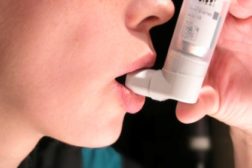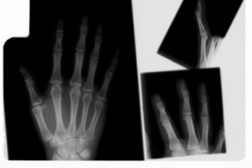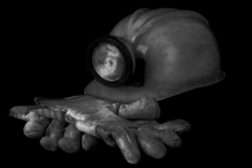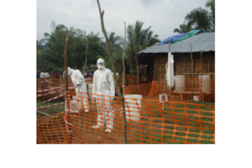Environmental Health and Safety
Better research may help address health issue that affects millions
Read More
A U.S. Department of Labor Blog post
Recommitting to safety on National Miners Day
December 8, 2014
A NIOSH Science Blog post
Collecting data on worker hearing loss: Epidemiology in action
December 3, 2014
Become a Leader in Safety Culture
Build your knowledge with ISHN, covering key safety, health and industrial hygiene news, products, and trends.
JOIN TODAYCopyright ©2025. All Rights Reserved BNP Media.
Design, CMS, Hosting & Web Development :: ePublishing








